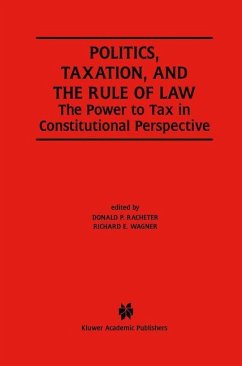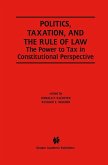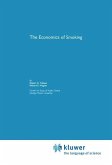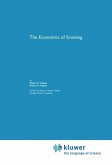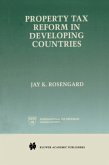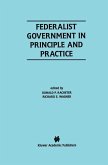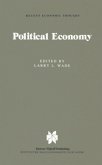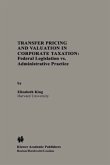Public Interest Institute began operations in 1992 as Iowa's only state-level, independent, research organization. As a public-policy research organization, our four principal goals are to become an information and analysis resource for all Iowans; provide local, state, and national policy-makers with a rigorous, objective, and understandable analysis of specific policy initiatives; identify practical alternatives for action on critical issues; and provide a forum for policy-makers and individuals to share ideas and concerns. The Institute promotes the importance of a free-enterprise economic system and its relationship to a free and democratic society. It seeks to support the proper role of a limited government in a society based upon individual freedom and liberty. Concerned citizens are challenged to become better informed about public issues, for ideas have consequences, and involved individuals can make a difference. Following the general treatment of how to achieve these ideals contained in LIMITING LEVIATHAN, we have continued our series of books designed to examine the topics raised there in greater depth. In FEDERALIST GOVERNMENT IN PRINCIPLE AND PRACTICE we developed the ways in which dividing governmental power between levels such as national and state can help citizens preserve their freedoms. In this volume we develop the ways in which property rights do the same.
Bitte wählen Sie Ihr Anliegen aus.
Rechnungen
Retourenschein anfordern
Bestellstatus
Storno

